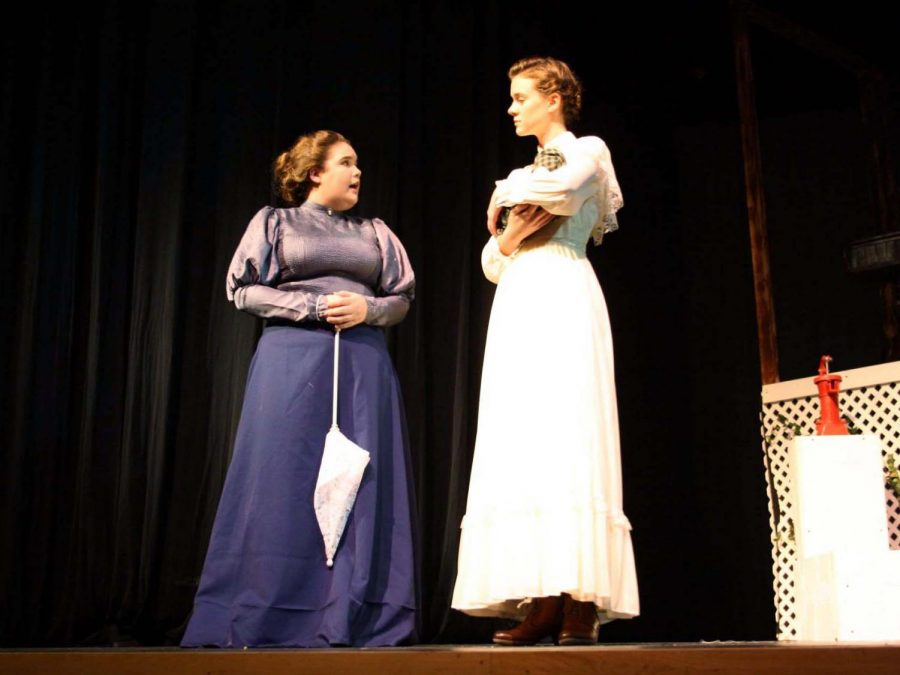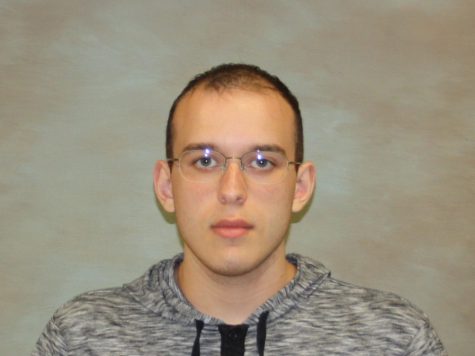Student actors finalizing learning their roles as The Miracle Worker is set to open on November 3 in the NCHS auditorium, memorizing lines and choreography to the extent that each individual role requires.
Since the first auditions on September 6, actors have been preparing for the fall play, The Miracle Worker, the story of Annie Sullivan and Helen Keller, as Sullivan sets out to educate Keller. The actors were often working on their parts at rehearsals every day after school until 6:30 pm, the fall play’s actors have been participating in the lengthy process that leads up to opening night.
Having to focus on school above all, the students take on different stressors when trying to maintain the balance between school work and rehearsals. Conflicts are natural when the student actors are busy with their school assignments.
“What is the one thing a high school student doesn’t have? Time,” Ms. Kevin Vernon, director, said.
The rehearsals require varying preparatory processes throughout the season. Actors often learn their characters and what the roles entitle before memorizing lines. The first initial step after casting are meetings with the directors one on one to discuss an actor’s character.
“We start out and we talk about it. We talk about what it means and what’s happening in the script,” Vernon stated, describing the meetings.
Then there are warm-ups, the first set of which help the actors focus on enunciation or pronouncing words clearly during rehearsal. Warmups also help the actors focus on their roles and get them excited about performing their parts.
There are unique preparations that come with this play, with actors learning different exercises to help with executing certain accents or choreography that comes with The Miracle Worker.
“We had a fight choreographer from Illinois State come in and help us,” Vernon described. Helen Keller’s relationship with Sullivan is initially combative; Keller is both blind and deaf, while Sullivan is partially blind – making the physical actions demanding. The directors wanted not only authenticity but to keep the actors safe in these physical roles.
Learning characters often means realizing “the spine” of a character, or their base personality and motivation. Larger roles have a greater frame of reference for realizing the spine – with more telling lines and interactions, while actors portraying minor characters have to seek out more about their character.
“What I’ve always done for smaller parts is … try to make a spine or backstory for them, and I just try to make it over the top,” Keegan Colcleasure (11), the performer for the doctor, explained.
Large roles like Helen Keller, require the commitment of time for choreographed stage directions. Maria Buffo, who plays Helen Keller, often had to work collaboratively with other actors to practice their parts.
“We are given times outside of typical rehearsal where we can go over things and rehearse really complicated choreography,” Maria Buffo (12) said.
Minor roles have their own work to do when they perform to support the play’s story. While the lines are less than that of a major role, learning them is considered to be difficult for parts like the Doctor in the play.
“When you have a smaller part you don’t have as much to go off of, and so, sometimes the lines feel more awkward and it takes a bit longer to get used to how you want to say them,” Keegan Colcleasure (11) said.
Understudies have a much different approach to learning their parts. Understudies for characters like Kate, Helen’s mother, in The Miracle Worker aren’t able to directly practice as if they were the primary performer.
“I can’t go up on stage to rehearse for her role, I’m sitting by the stage taking notes or just listening to what our director has to say to [the actress that plays Kate] so that I can absorb as much of the role as I can,” Kendra Baca (12), the understudy for Kate, said.
The directors for The Miracle Worker, Vernon and Mr. Tyler McWhorter, serve as a resource for assisting the actors and the production in general. They organize the entire staff for the production, the technical and stage crews, and work directly with the actors as they learn their roles. The directors help organize and keep the club up to date through the internet and texting.
“We use a Google Classroom for the show itself. We have everything from notes that get taken during rehearsals, to information letters, the tech crews…” Vernon said.
The Miracle Worker will be performed on November 3 and 4; November 9,10 and 11 at 7:00pm and November 5 at 2 pm, at the cost of $3 for students and $8 for adults.

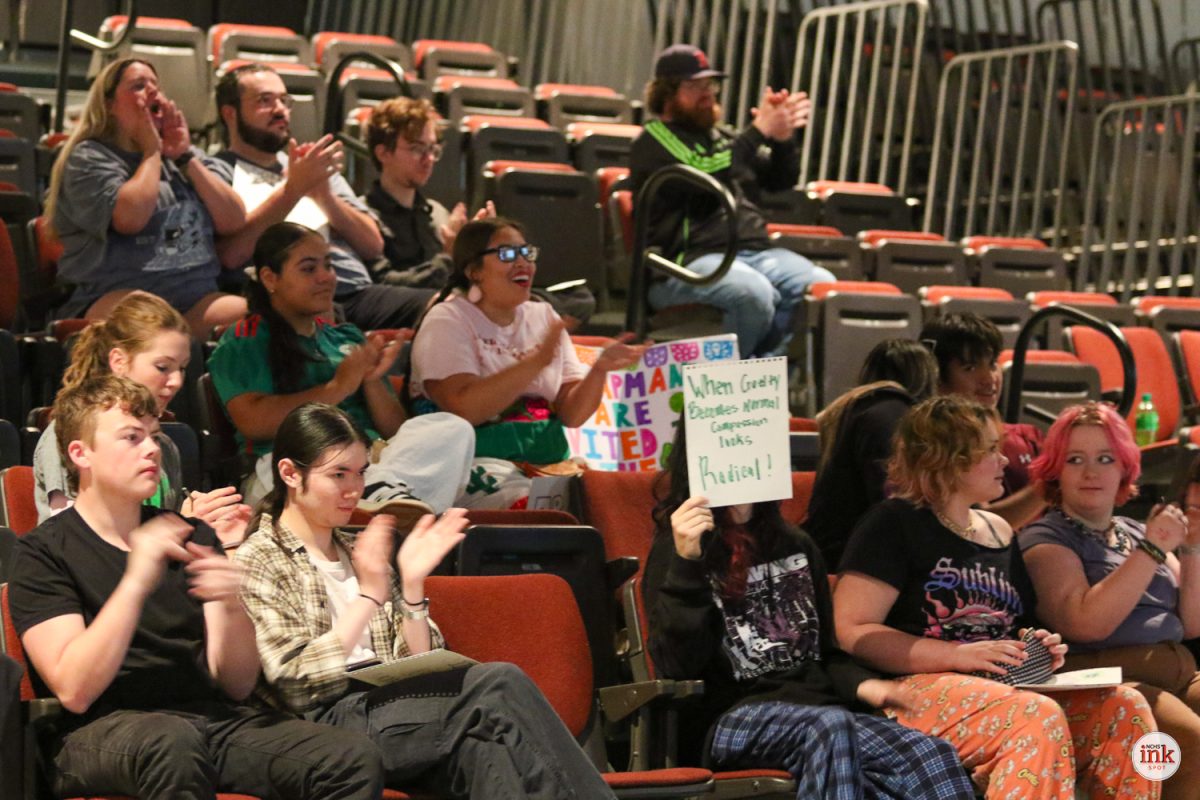

![Community honors longtime coach Mr. Bryan Thomas before Oct. 3 game [photo gallery]](https://nchsinkspot.com/wp-content/uploads/2025/10/Thomas-6-1200x1200.jpg)

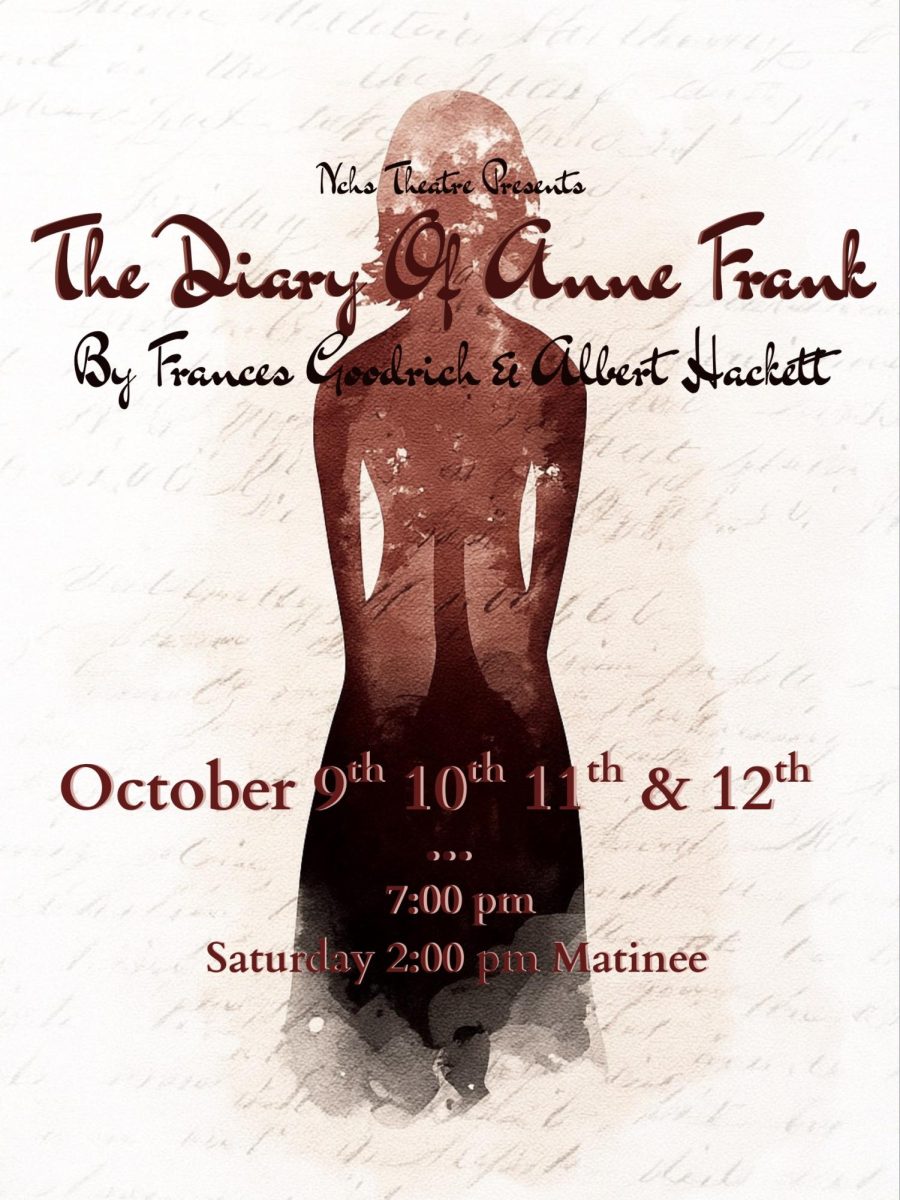

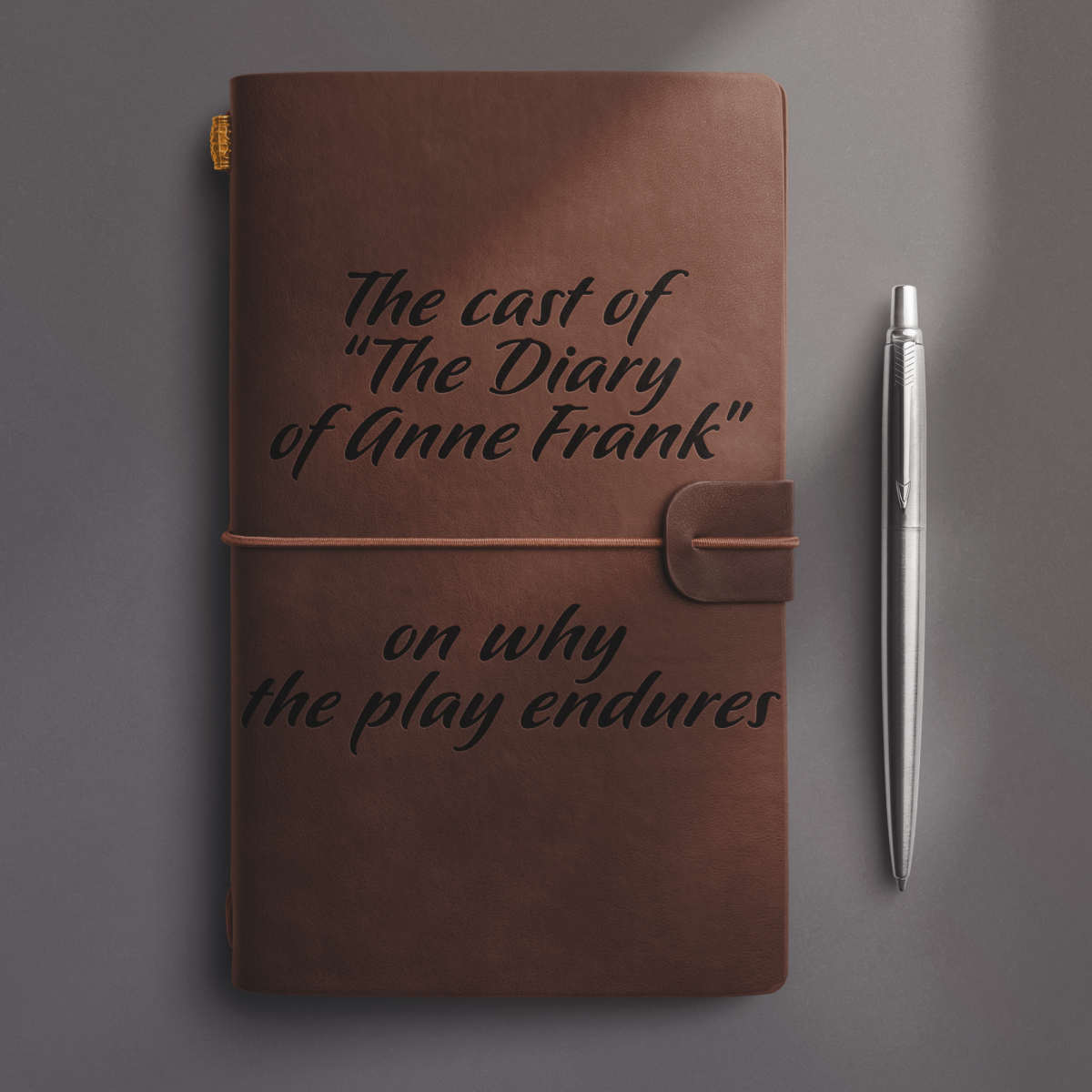


















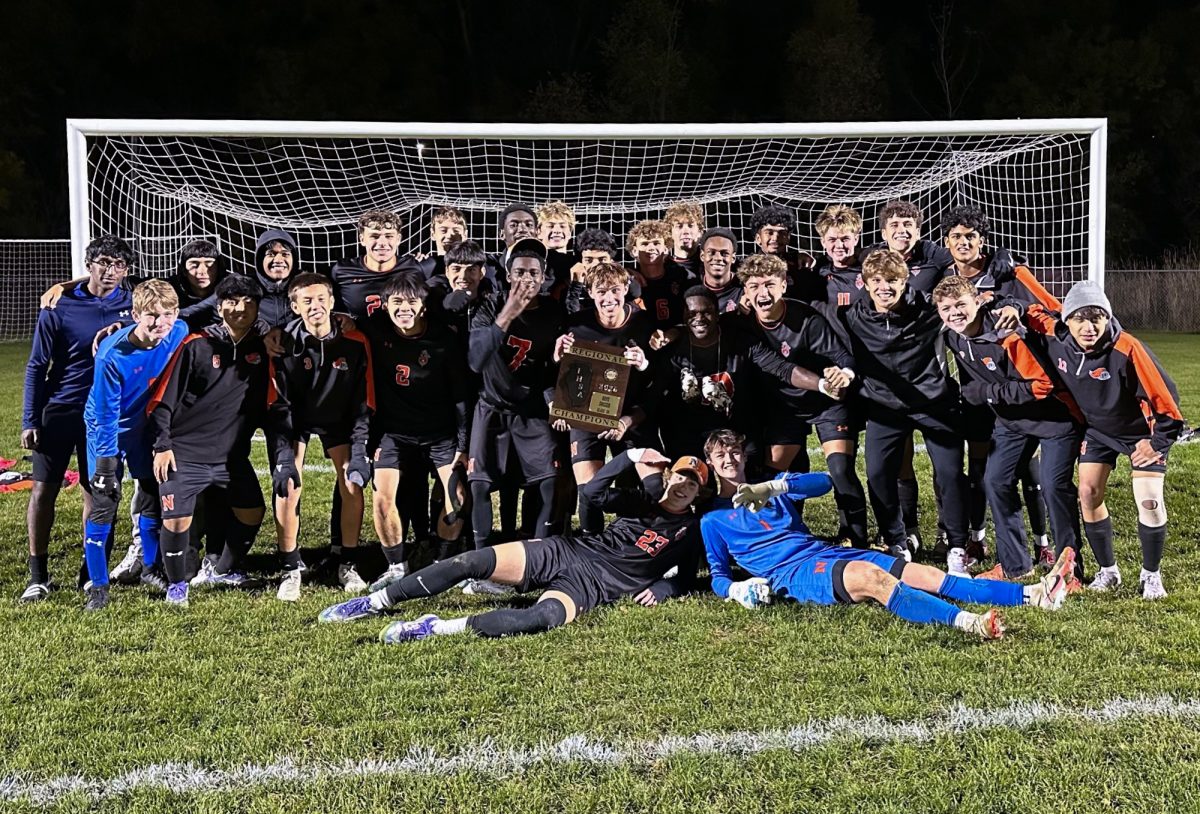
![Playoffs Rd. 1: Coach Drengwitz on Ironmen’s 7A playoff opener at Carmel Catholic [video]](https://nchsinkspot.com/wp-content/uploads/2025/10/PW_PresserVCC_Thumb.png)
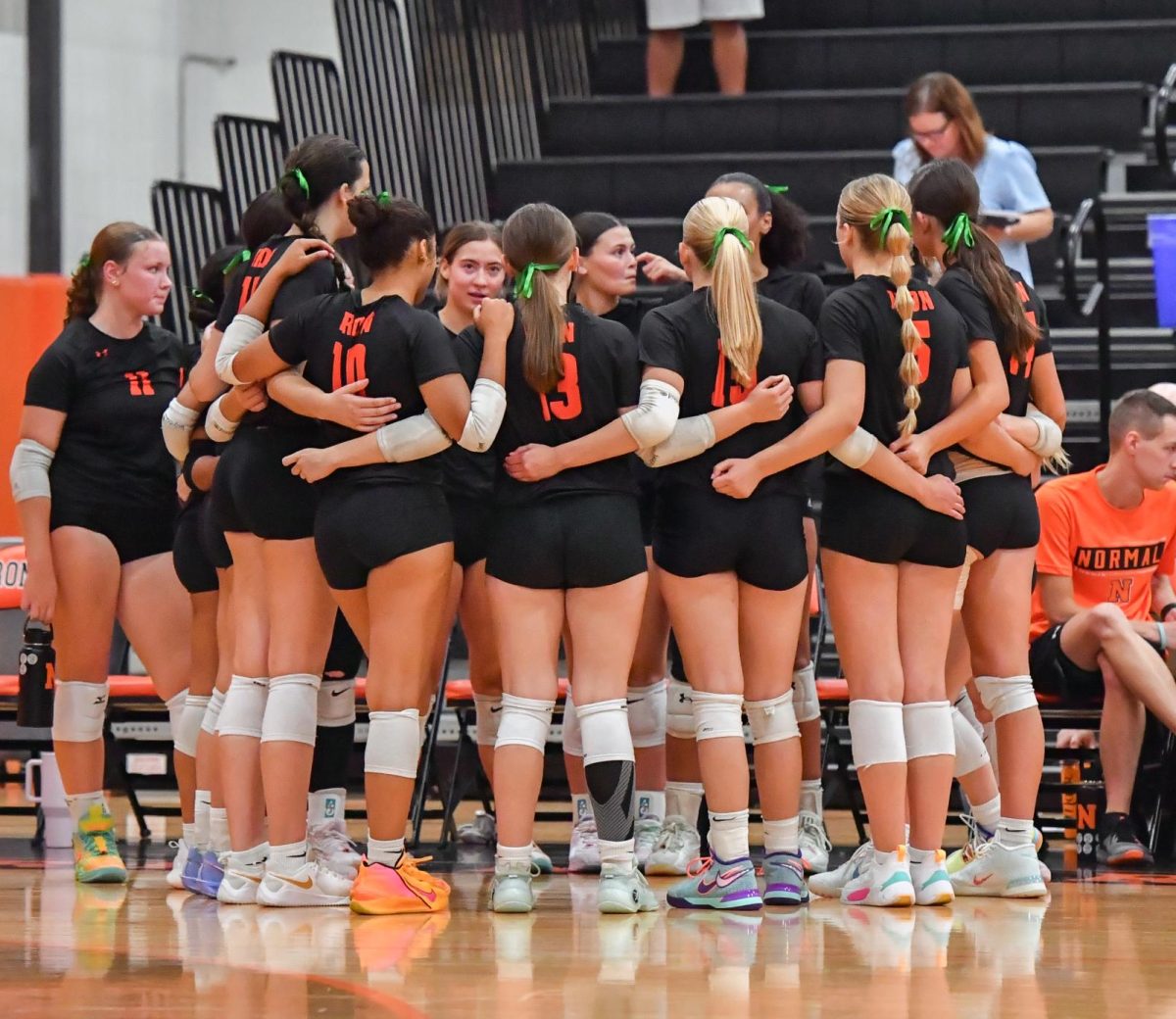
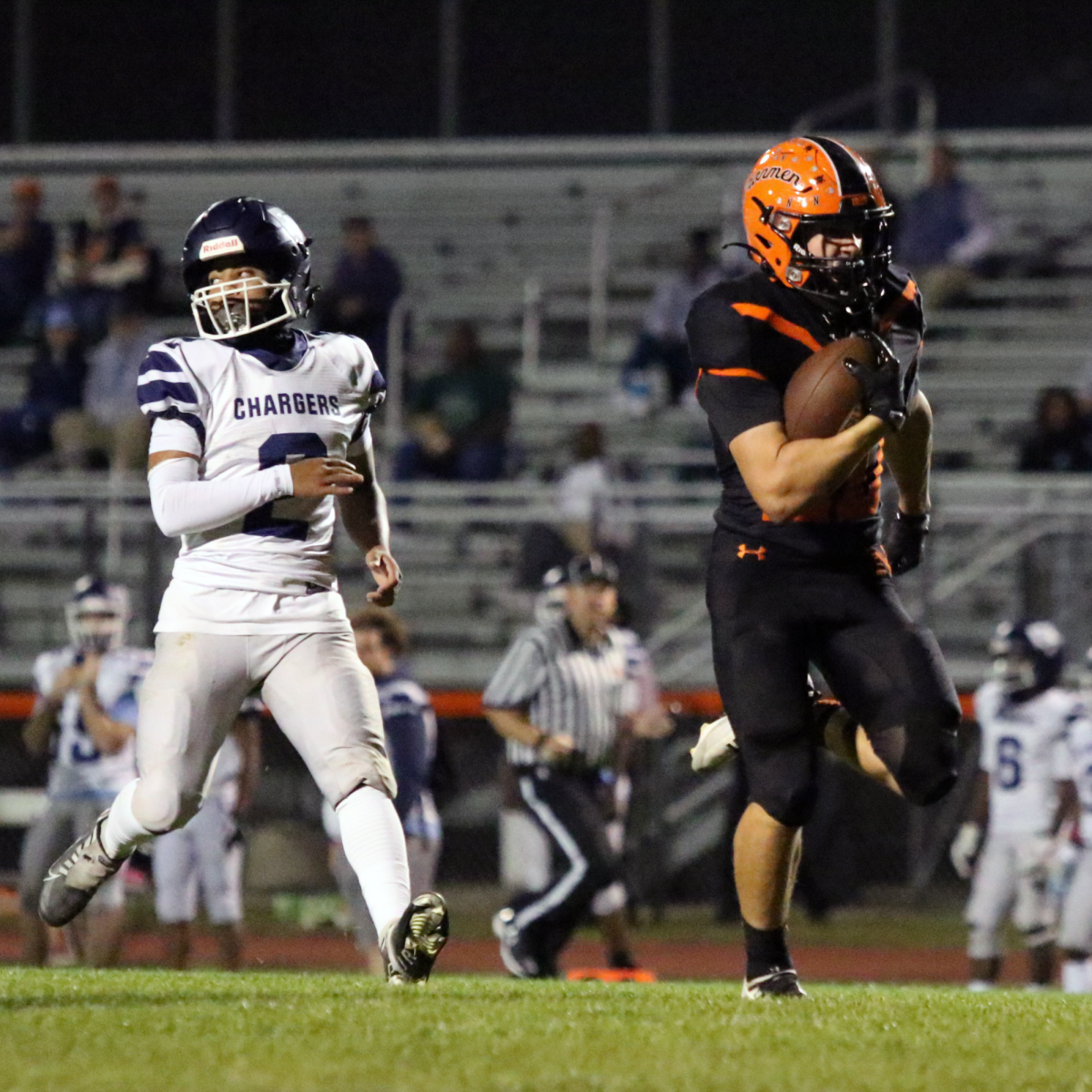
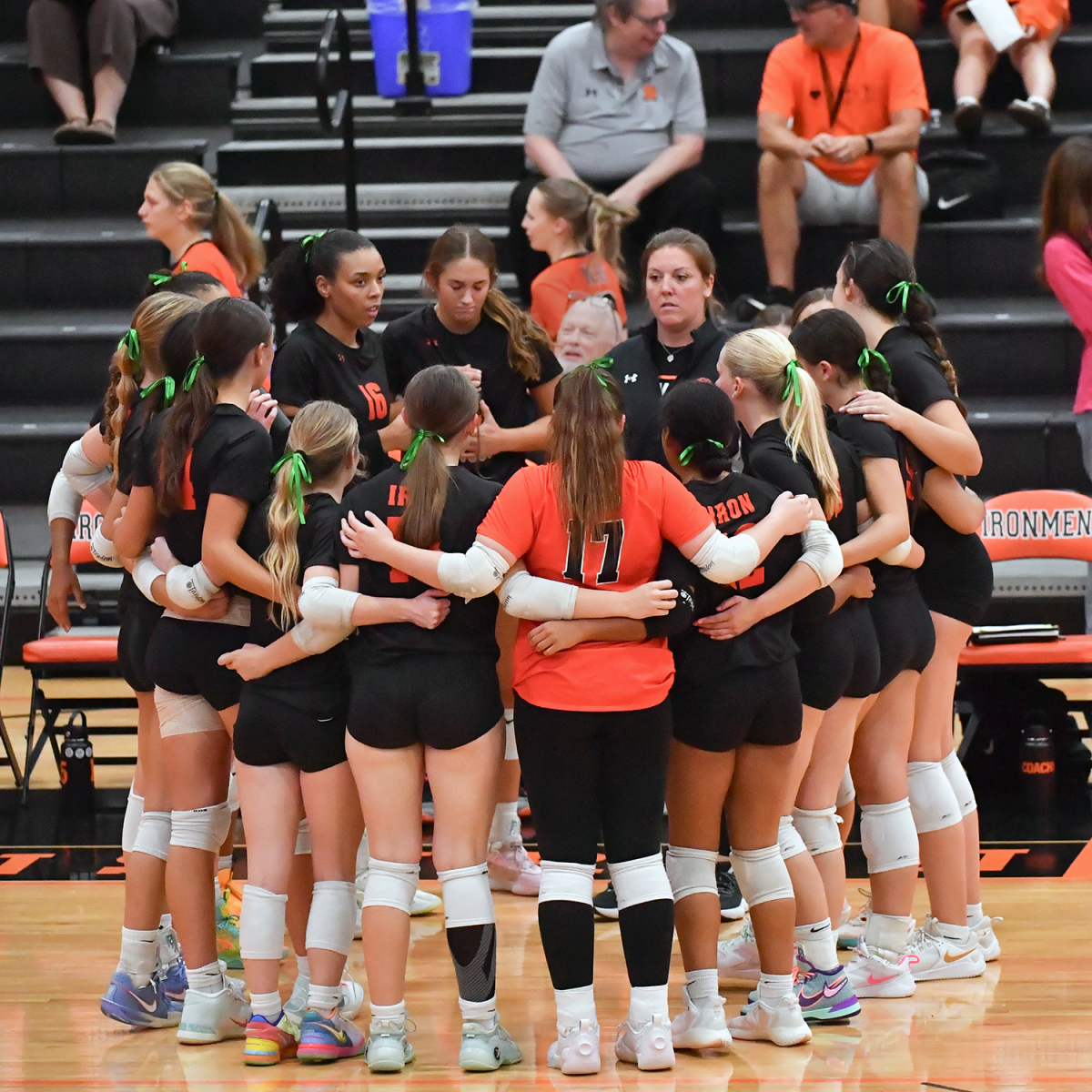






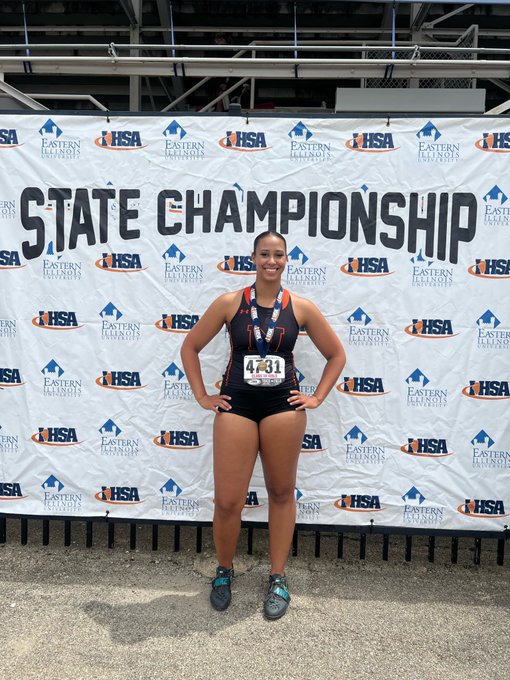
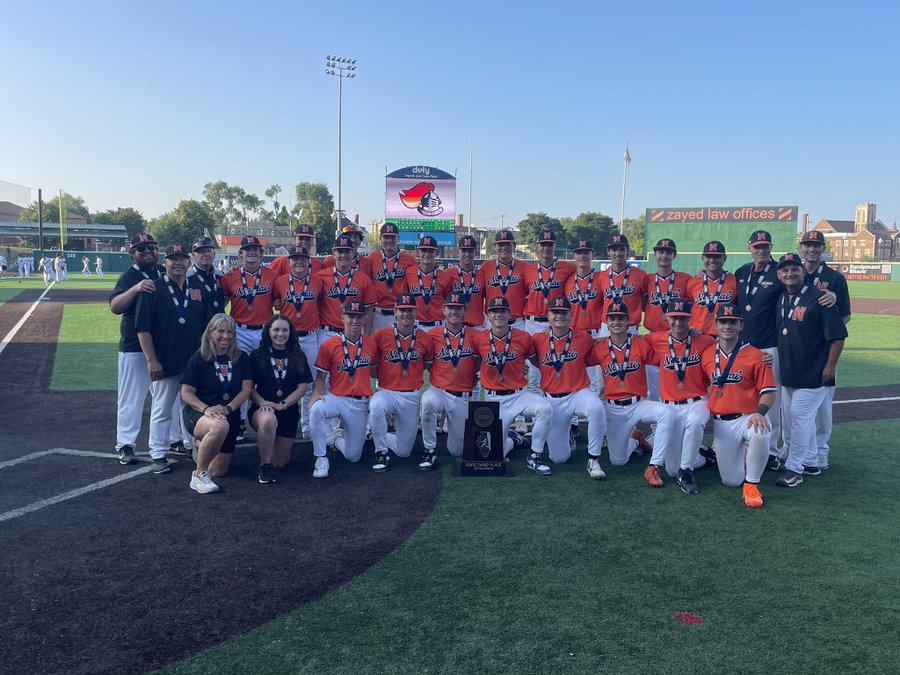








![Halloween candy cross section quiz [quiz]](https://nchsinkspot.com/wp-content/uploads/2022/10/Candy-cover-big-900x675.png)
![Average Jonah? [quiz]](https://nchsinkspot.com/wp-content/uploads/2022/05/average-jonah-900x600.png)







![[Photo Illustration]](https://nchsinkspot.com/wp-content/uploads/2025/09/trigger-words-1.png)










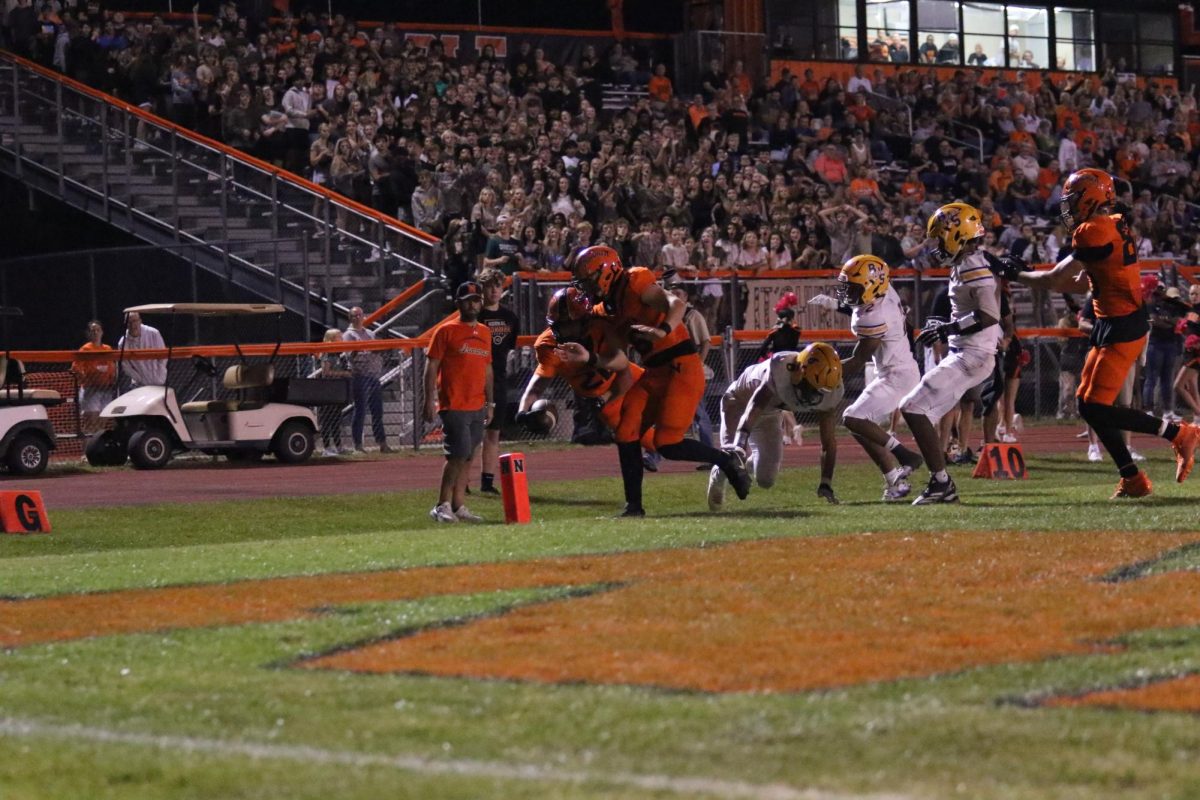
![Ironmen volleball head coach Ms. Christine Konopasek recorded her 400th career victory Oct. 21 as the Ironmen closed their regular season with a 2-0 sweep over Danville.
[Photo Illustration]](https://nchsinkspot.com/wp-content/uploads/2025/10/Vball400Thumb.png)
![Week 9: Coach Drengwitz on Week 8’s win, previewing Peoria High [video]](https://nchsinkspot.com/wp-content/uploads/2025/10/W9_PeoriaThumb.png)





![Postgame: Drengwitz on Community’s 56-6 win over Champaign Centennial; staying unbeaten in Big 12 [video]](https://nchsinkspot.com/wp-content/uploads/2025/10/10.17_FBwChampCent56-6_POST_thumb.png)

![On the Spot: This or That – Halloween [video]](https://nchsinkspot.com/wp-content/uploads/2024/10/tot-Halloween-YT-1200x675.png)
![On the Spot: This or That – Fall favorites [video]](https://nchsinkspot.com/wp-content/uploads/2024/10/ots-fall-web-1200x800.png)
![On the Spot – Teachers tested on 2023’s hottest words [video]](https://nchsinkspot.com/wp-content/uploads/2024/01/On-the-Spot-Teachers-tested-1200x675.png)








